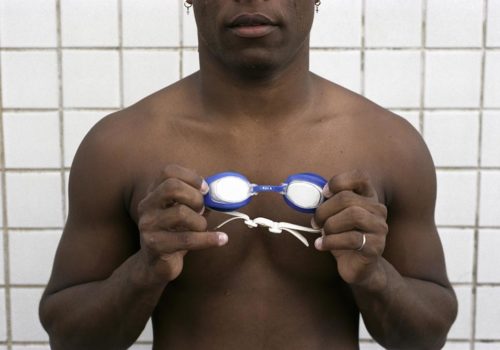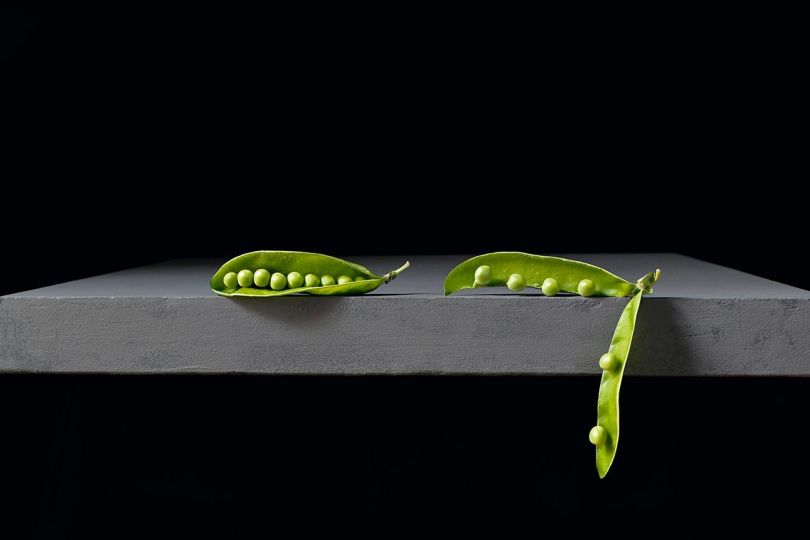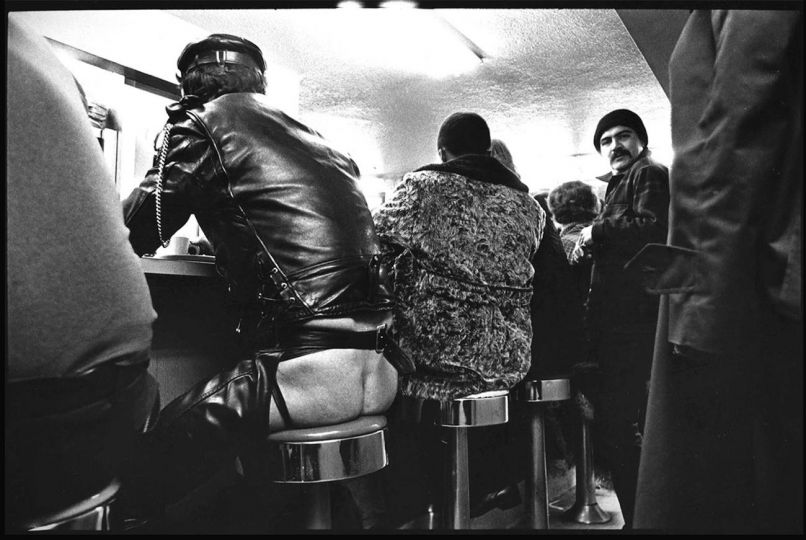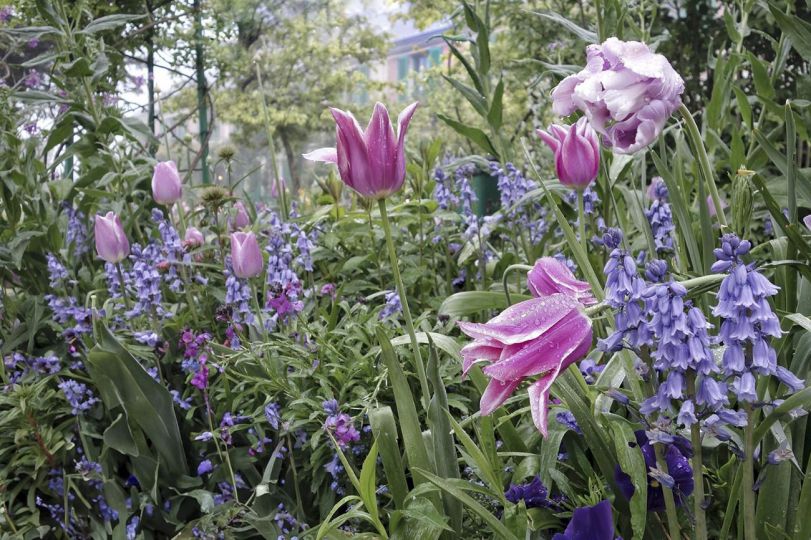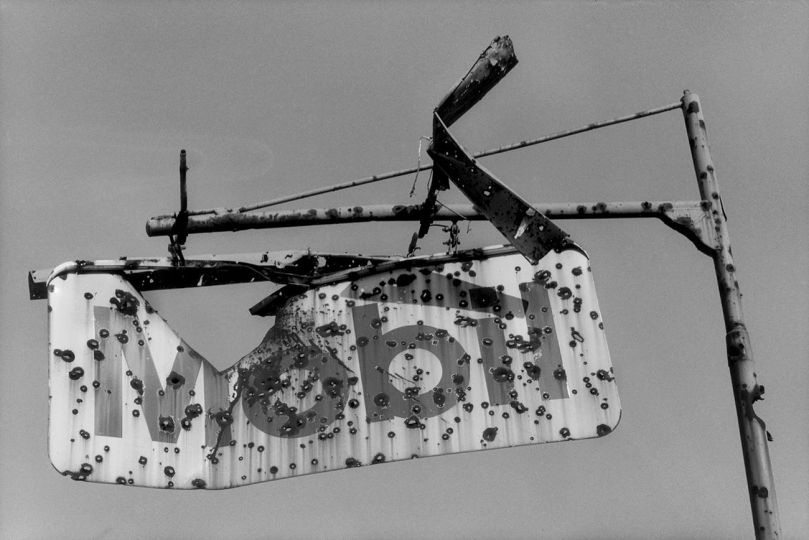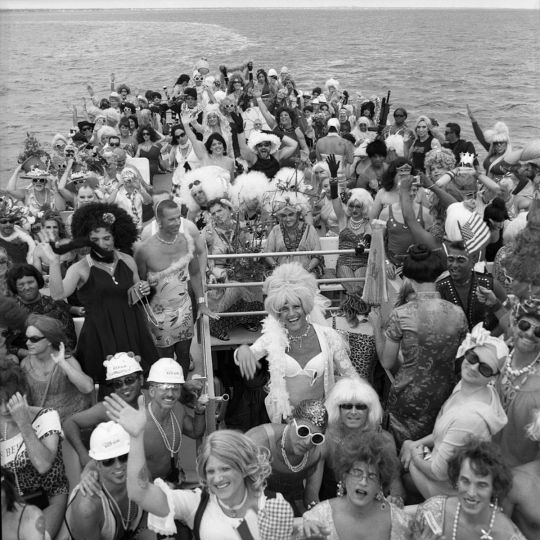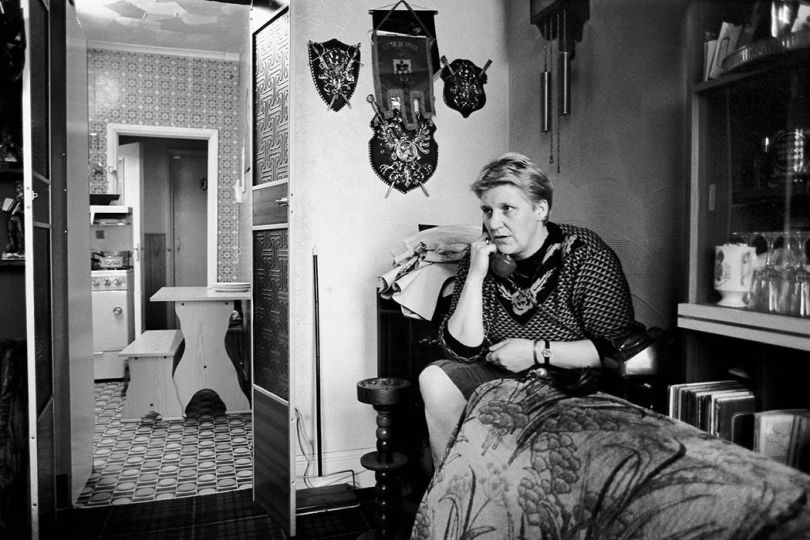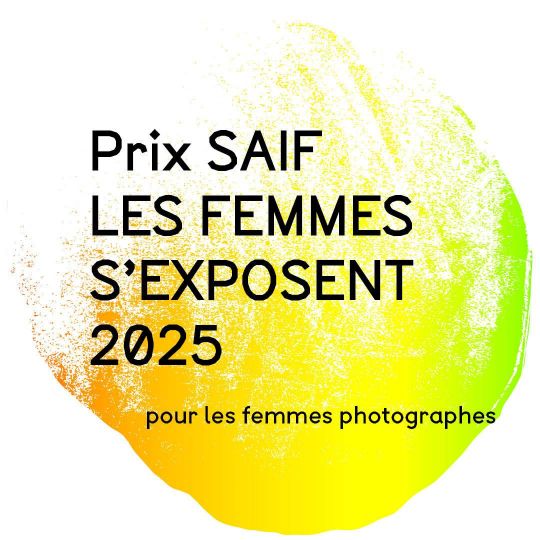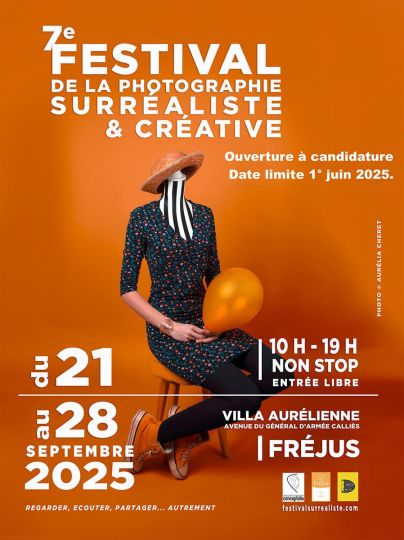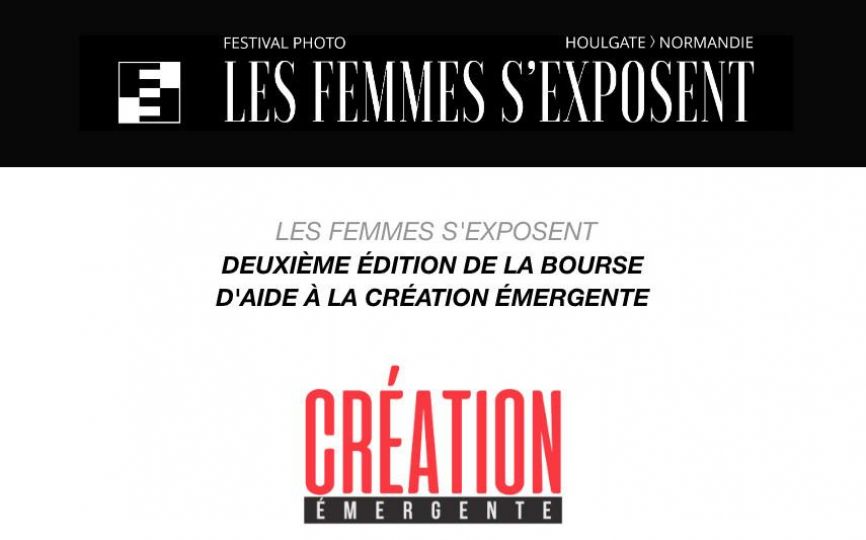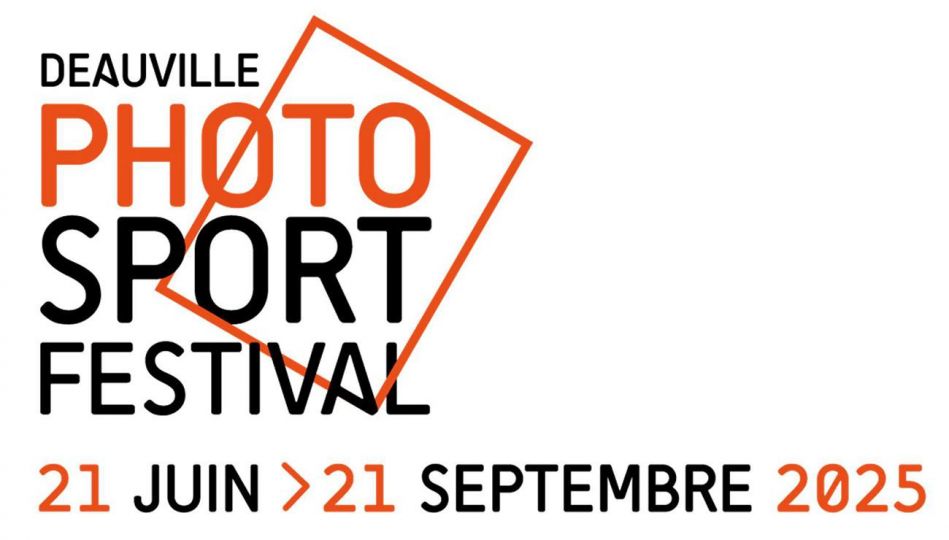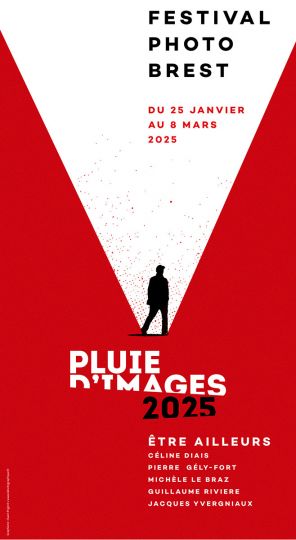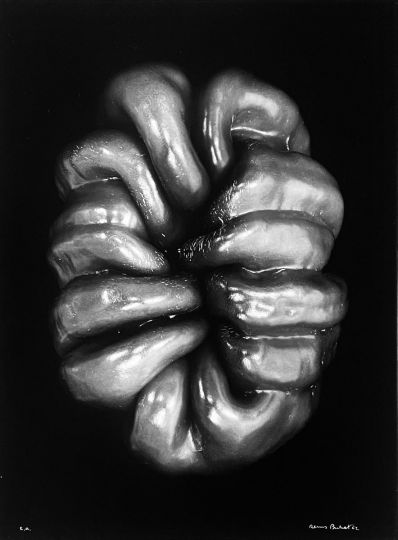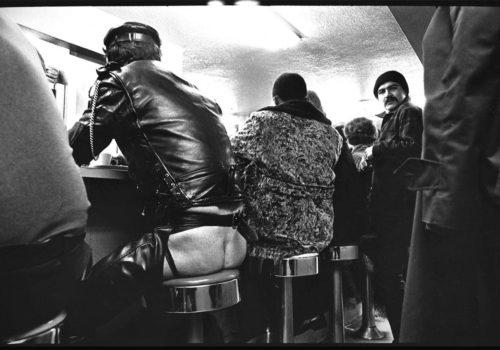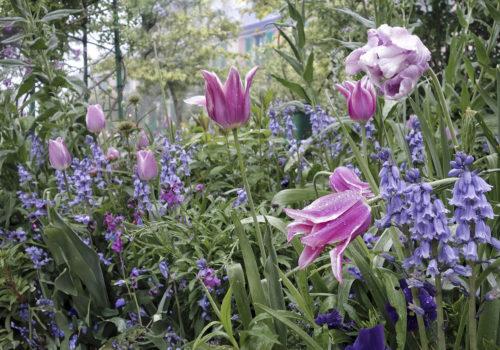In the beginning, there were three women: Isabelle Fougère, journalist, Brigitte Huard, photo director and Lizzie Sadin, photojournalist: They began from the sad assessment that the number of female photojournalists in the beginning of the year 2000 would hardly exceed 10%. These three image professionals decided to create, with the help of Canon, a new prize granted by the Association des Femmes Journalistes (AFJ) aimed at financially aidng the project of a young photographer.
Ten years have gone by and the Canon female photojournalist award has gained international success : the winners of this 100% feminine award are three French, one British, three American, one Mexican, one Polish and one Italian.
Interview with the 3 founders of this award.
Could you tell us how the idea came about of creating an award devoted only to female photojournalists?
Isabelle Fougère: The award was born out of an encounter. Lizzie Sadin, Brigitte Huard and I were in the Association des Femmes Journalistes, of which I was the president. After acknowledging that women only represented 11% of the profession of photojournalists, we thought it was important to act to help women participate in this profession.
Brigitte Huard : At the time, I was photo director at “Ça m’intéresse”, and I would find that women were not very present! There were some, of course: very well known photographers, talented women, but much too few, and especially in France. The idea of creating a grant quickly grew on us as a means to provide financial resources to a young photographer so as to allow her to have the time to devote herself to a professional project.
Lizzie Sadin : A while before, Guy Bourreau had supported me on a professional project when he was in his position at Kodak. Naturally, I contacted him as he was the Marketing Director of Canon France, in order to ask him to become a partner of the Award. We then showed him our project and as well as to Pascal Briard (note: current Marketing Director of Canon France), and they immediately gave us all of their support. Jean-François Leroy has also followed the project. This is how the first edition was launched.
Isabelle Fougère: A year later, we handed over the first award, and two years later, we presented the first exhibition of the winner Magali Delporte. Le Figaro Magazine joined the sponsors five years ago. They are very faithful, very present and they help tremendously.
We wanted to show that women were photojournalists as the others. Thanks to the talent of the winners: they have showed that they could deal with any subject and not only through a distinctive feminine way, but also through their level of excellence. That may seem out of place to say it nowadays, because it has become obvious, but ten years ago it was not the case. We also wanted this award to work as a model, so that young women who want to participate in this profession can see that it is possible and that the fact that this specific visibility exists to lead to a vocation. It’s not that the material might be heavy, or that the profession could be dangerous that women cannot do it. Women do photojournalism just as men do.
Were you criticized when you launched the award? Did people see this as segregation?
Isabelle Fougère: We were criticized, of course, just as much on the men’s side as on the women’s side. There were some who felt uncomfortable,. But I accept them and understand them. We really wanted to act, even if it would bother a lot of people. Over 10 years, we were at 88,000 euros of production, thanks to Canon. It is so important to me to support not only photojournalism, but women photojournalists, it goes together.
Brigitte Huard: The award has been perceived increasingly better throughout the years, and this in part thanks to the quality of the awarded works.
Isabelle Fougère: This award has clearly draw a lot of questions. But in the end, when people talk about the award, they talk first about the work of the winners, not about the fact that they are women. But the award must continue, it is still pertinent.
Lizzie Sadin: This award was created for women and we continue to help women. The day we do not need it anymore, the battle will be won. We will have also succeeded in our wager that there will be as many women as there are men in this profession! This award will then be open to everyone.
Do you consider yourselves to be feminists?
Isabelle Fougère: Yes, absolutely. But the word feminist for me does not have the same definition for many others, for me it is a question of justice and equality. I’m against violence towards women, I wish that they could access the fields that they are interested in working in, with the same means as men. When we look at social reality en France, in Europe and in the world, I think there is still a lot of work to be done.
Brigitte Huard: Of course ! But not a ferocious feminist. I fight so that women can be equal to men. For me, the most important is equality.
Lizzie Sadin: In the same way, I am a feminist. For me it is about equal rights between men and women despite the differences. I consider that it is above all protecting the rights of humans. Feminist is to be “human rightist”. I am for the abolition of injustices.
What is, 10 years later, your vision on the evolution of the place of women in photojournalism?
Isabelle Fougère: I think that in 10 years, thanks to the talent and the work of photographers that we have supported, we showed that women were photojournalists like the others. Today, they clearly have their place in this profession.
Brigitte Huard: I think that there was a beautiful evolution of women’s place in the landscape of photojournalism. Women have taken an increasingly important place, and they are also more and more numerous.
Lizzie Sadin: The customs have evolved: people are less surprised to see women on the field then they were 10 years ago. In the magazines, I am happy to see more and more female credits, but there are still not enough! As a photojournalist, I never put a label on myself as “female” photographer. I think first and foremost that I am a photographer, before thinking that I am a woman.
What are your most beautiful memories? Encounters with winners, subjects that you were particularly touched by?
Isabelle Fougère: Each time it is an encounter: over 10 years, it is the different profiles, the variety of characters, of talents and visions that I think of. There is not one that resembles another, whether it is the human or the professional aspects. There is not a winning prototype, nor a prototype of subjects.
Brigitte Huard: I had some beautiful encounters of course… I loved the work of Ami Vitale with her images full of color, and I’ll never forget her incredible kindness. Sophie Evans stunned me with her force and her courage, and I won’t forget our first winner, Magali Delporte, who began very strongly with her subject of blind athletes – a subject that gives a strong message of hope.
Lizzie Sadin: I have tremendous respect for all of the winners of the Prize. My most intense memory goes back without a doubt to the first prize awarded, to Magali Delporte. I have a certain tenderness for this moment, and for her because she came a long way. I have the impression that it really helped her. The prize took off fulfilling all of our hopes.

